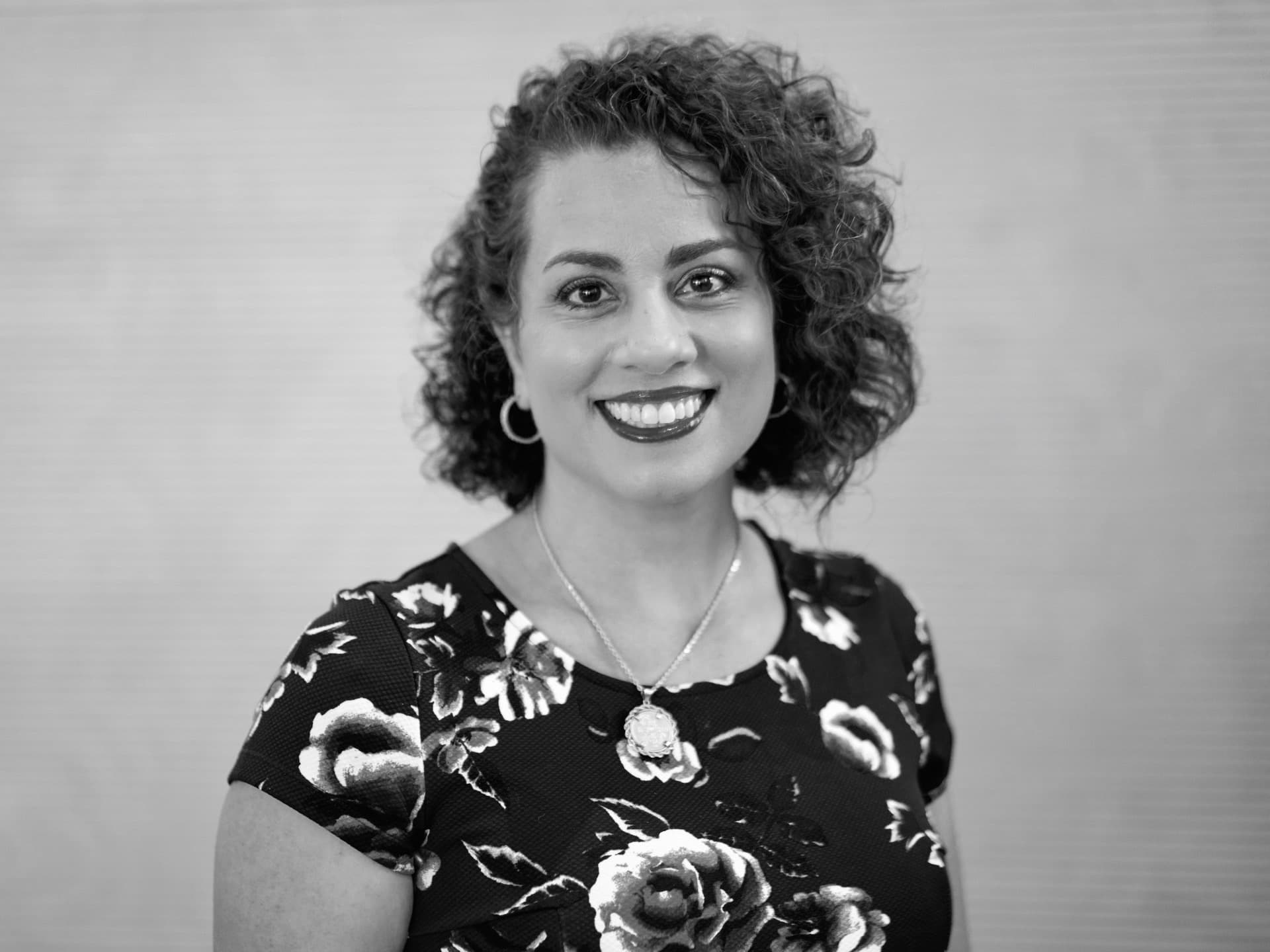
The following article is the fourth in a series of articles published in Fluter.de, a governmental German political magazine for young adults. The German translation could be read on Fluter’s. website.
For years, I’ve wanted to watch my grandmother’s Holocaust testimony recorded by the Shoah Foundation, an LA-based foundation that collects survivor testimonies so that their stories will forever be told. I never imagined I’d watch it in Berlin, at the Topography of Terror library, on the former grounds of SS headquarters.
I can’t think of a better symbol of Germany’s repentance over the murder of six million Jews, including the families of my father’s parents.
On the surface, Germany has attempted to make amends for its past crimes, the first step being to own up to them. The Holocaust Memorial to the Murdered Jews of Europe near Brandenburg Gate is often perceived as a grand gesture of confession. Its inauguration in 2006 coincided with the World Cup, and both events attracted a new generation of Jews, mostly Israelis, to the German capital. Germany and the Jewish people could now be friends.
Germany’s brave openness about its history has eased my comfort living in and loving Berlin. The Holocaust is taught in classrooms; high school students visit concentration camps regularly. Ironically, Germans took pride in finally shedding any lingering “Nazi image” when the government, out of “historic responsibility,” opened the borders to about one million refugees from Muslim countries steeped in antisemitism.
But when I sometimes took a chance on the question Jews secretly like to ask Germans: “Where were your grandparents during the War?”, I wondered how the Holocaust could have happened.
-“They were pacifists who opposed war.”
-“They lived on the countryside and thought Hitler would pass.”
-“My grandfather just dreamed of being a pilot, so he joined Hitler’s air force.”
-“He served in the Wehrmacht, so he was clean.”
Most Germans I casually meet seem to deny, excuse, whitewash, or plead ignorance to any family involvement in Jewish genocide, direct or indirect, prompting me to explore the subject for the Jerusalem Post. I discovered that it’s very rare for young adults to look into probable Nazi family history. In many families, the topic is taboo.
I now better understand why a recent Bundestag report found that 40 percent of Germans hold antisemitic attitudes in the form of hostility towards Israel and why some Germans are quick to (wrongly) equate Israeli soldiers to Nazis and Muslim refugees to persecuted Jews. Holocaust education and commemoration runs the risk of becoming grossly generalized and superficial if it doesn’t get personal.
Individuals and institutions have diligently collected survivor testimonies, but what about the side of perpetrators? While such an endeavor would be complicated, personal German testimonies recounting the war days, in honest detail, would enable us to better understand and particularize how the German people allowed its country to turn into a thieving, murderous tyranny.
Since the Nazi generation is dying out, the burden of storytelling lies with the second and third generations. So instead of, or in addition to, taking students to concentration camps, I challenge German educators to guide them towards painstaking, even painful genealogical research.
Because setting up memorials of brass and stone, going on field trips, and even opening the country’s gates is easy, even cathartic. And it looks good in the eyes of the world.
It’s much harder to open the gate of the heart and scrape and sculpt a memorial inside. But if Germans undertake this difficult, uncomfortable, unpleasant work of tracing Nazi-era family history, they could reclaim the quality their ancestors will probably reveal to have lost when Hitler took power: individual moral courage.
Orit Arfa is a journalist and author based in Berlin. Her latest novel, Underskin, is a contemporary steamy love story between an Israeli woman and German man.






















 More news and opinions than at a Shabbat dinner, right in your inbox.
More news and opinions than at a Shabbat dinner, right in your inbox.